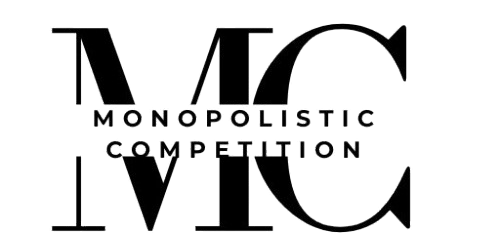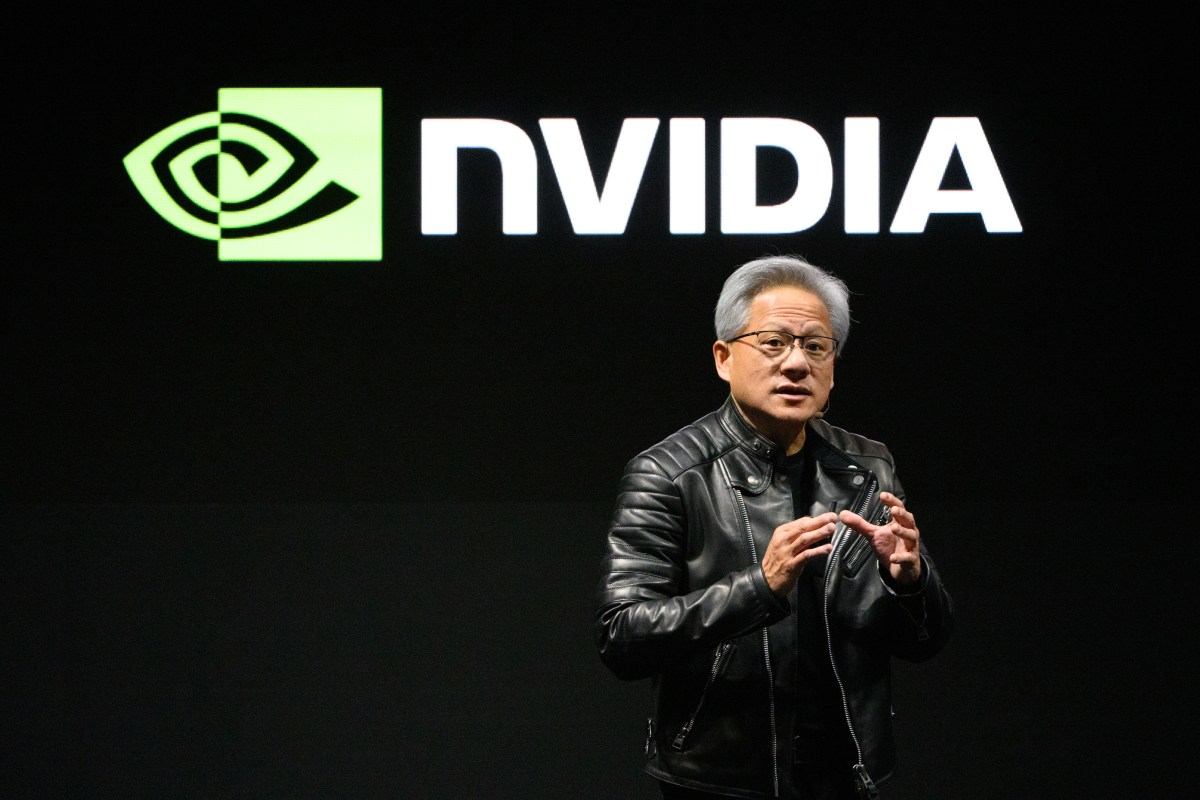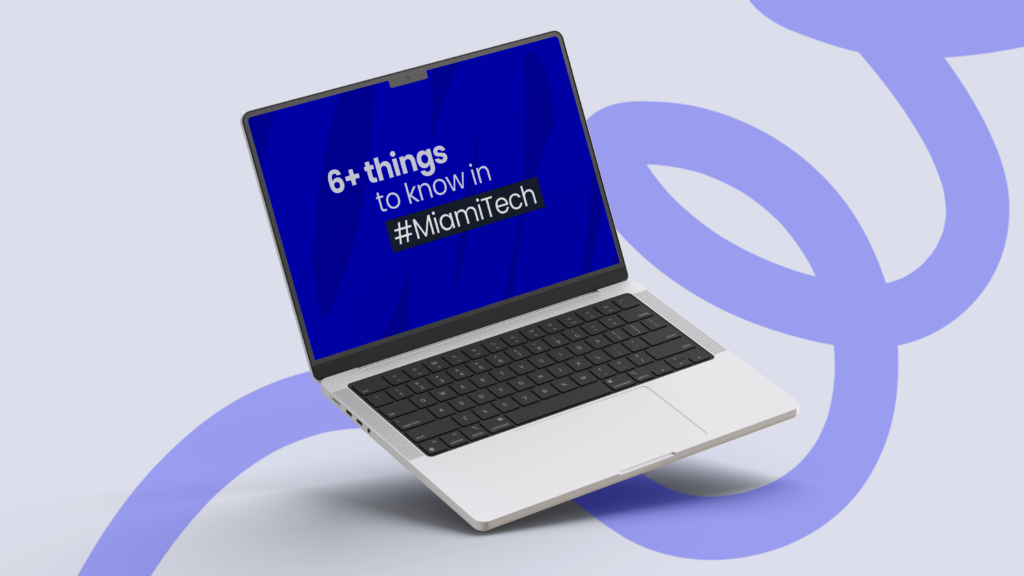The largest startups in the United States are reportedly raising so much capital in private markets that they can delay launching initial public offerings (IPOs).
These startups have raised the billions of dollars they need to continue growing and to enable employees to cash out stock options, without an IPO, the Financial Times (FT) reported Thursday (Jan. 10).
Examples include Databricks raising $10 billion in December, SpaceX raising $1.25 billion in November and OpenAI raising $6.6 billion in October, according to the report.
After raising funds like that, the country’s largest startups have the flexibility to delay their potential IPOs beyond 2025, even as smaller startups are expected to go public this year to take part of the improved markets, per the report.
This trend has been driven in part by the willingness of some venture firms to invest many times more than the $100 million that used to be the most a firm would invest in a single startup, the report said.
Databricks, a data and artificial intelligence firm, said Dec. 17 that it was raising $10 billion of expected non-dilutive financing in a Series J funding round and had completed $8.6 billion at that point.
The round is “substantially oversubscribed,” Databricks Co-founder and CEO Ali Ghodsi said at the time in a press release.
“These are still the early days of AI,” Ghodsi said. “We are positioning the Databricks Data Intelligence Platform to deliver long-term value for our customers, and our team is committed to helping companies across every industry build data intelligence.”
OpenAI said Oct. 2 that it raised $6.6 billion in funding that valued the company at $157 billion and positioned it to accelerate its mission of developing and deploying AGI for the benefit of humanity.
The ChatGPT creator said it plans to use the new capital to bolster its leadership in frontier AI research, expand computational capacity and enhance its suite of problem-solving tools.
It was reported Jan. 2 that the number of active U.S. venture capital investors has fallen since 2021 as cautious financial institutions shift their money to Silicon Valley’s biggest startups.












Leave a Reply